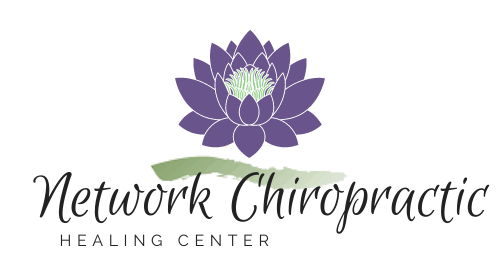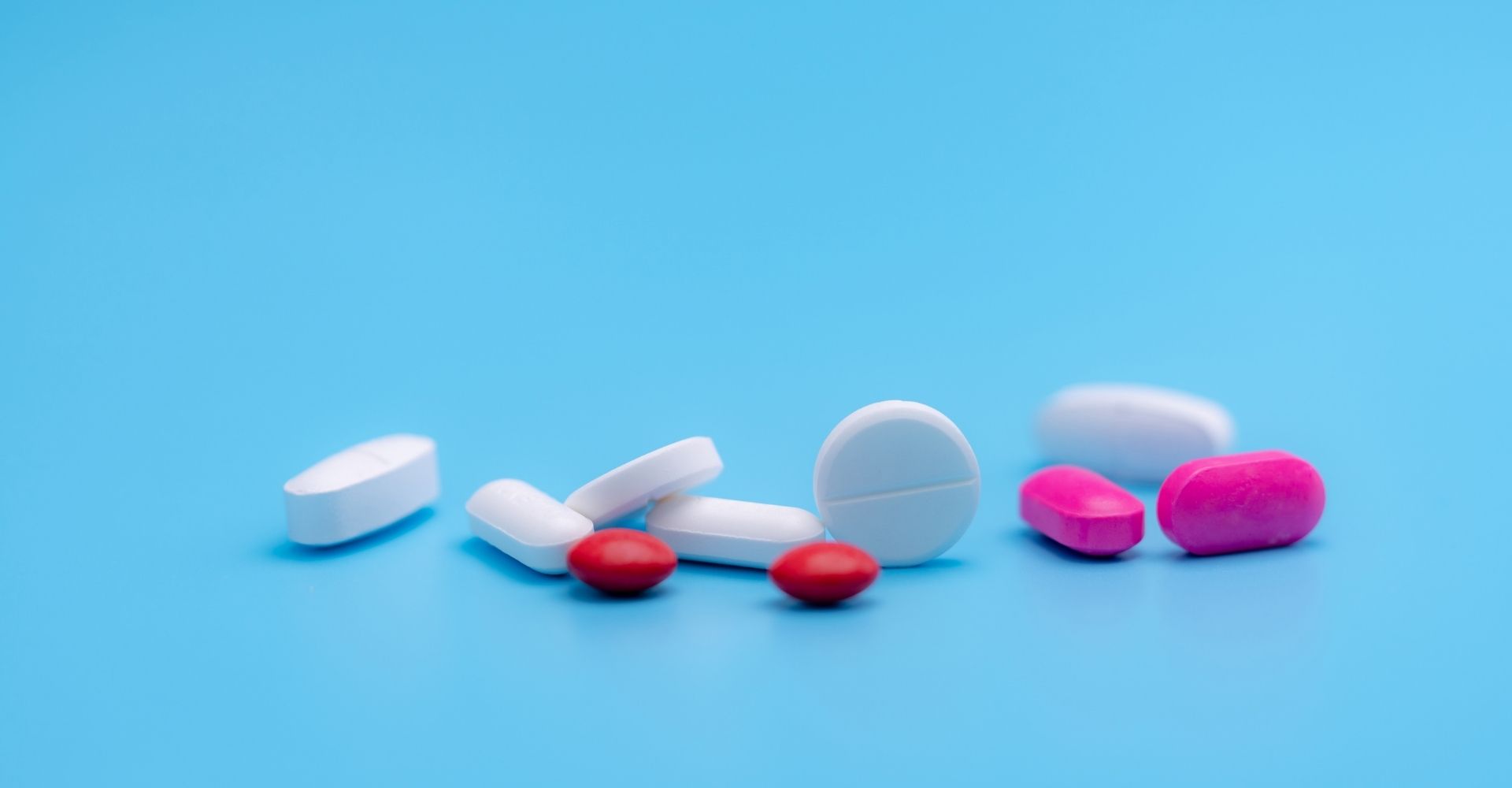14 Mar NSAIDS, Are They Safe?
NSAIDS stands for Non-Steroidal Anti Inflammatory Drugs. Some examples are: Ibuprofen, Advil, Aleve and Motrin. Tylenol is not an NSAID but has a long list of serious side effects of its own.
Many people assume that because a medication can be bought over the counter without a prescription it’s safe. This is far from true.
Adverse Drug Reactions are responsible for between 10-30 percent of hospital admissions of older people and 30% of those hospitalizations are due to NSAIDS.
The side effects of NSAIDS include bleeding, heart attack, stroke and kidney failure. Additionally, one of the most common and problematic side effects is a disruption of the mucosal lining of the small intestine which leads to a condition called “Leaky Gut”.
When the lining of our small intestine becomes disrupted we absorb things into our bloodstream that we shouldn’t. This includes partially digested food particles (which can lead to food allergies and sensitivities) and bacterial body parts and DNA from the organisms in our microbiome which are highly inflammatory if they get into our blood stream.
The condition of Leaky Gut can be a precursor to autoimmune disease, chronic inflammation, allergies and asthma along with many other health problems. Leaky Gut can have other causes but NSAID use is one of the most common contributors. This is the reason why I never take NSAIDS for any reason.
NSAIDs work by blocking a specific enzyme called cyclooxygenase (or COX) used by the body to make prostaglandins. Prostaglandins are a group of hormone like substances made at sites of tissue damage or infection and are involved in healing from injury and illness and have other regulatory functions too.
The problem with blocking any enzyme or natural function of the body is that you will always interfere with important body processes. Hence, the creation of “side effects”. All of the effects of a drug are actually just “effects” but the drug companies label any unwanted effects out of the many effects a drug has on the body as “side effects”.
The real question you want to ask is what is prompting the unwanted inflammation you are taking the NSAID in the first place?
Are you having headaches or joint pain due to stress or food sensitivities, for example to gluten or sugar, or an exposure to toxins in your home cleaning or body care products or pesticides on non-organic foods?
If we occasionally have pain due to something unavoidable and need some rapid relief it is much safer, and can be just as effective, to use a Nutritional Supplement that contains any number of natural substances that can help to reduce the painful effects of inflammation without blocking important prostaglandins.
These natural substances include: Turmeric, curcumin, ginger, rosemary, holy basil, certain enzymes, and others. We carry a number of these products in our office for different purposes so please ask if would like a recommendation.
So, next time you reach for that bottle of your NSAID of choice, pause and ask yourself what might really be at the root of your symptoms that could involve lifestyle choices and see if you can use a healthier alternative instead!
References: https://www.ncbi.nlm.nih.gov/pmc/articles/PMC4809680/ https://www.spine-health.com/treatment/pain-medication/potential-risks-and-complications-nsaids


Sorry, the comment form is closed at this time.